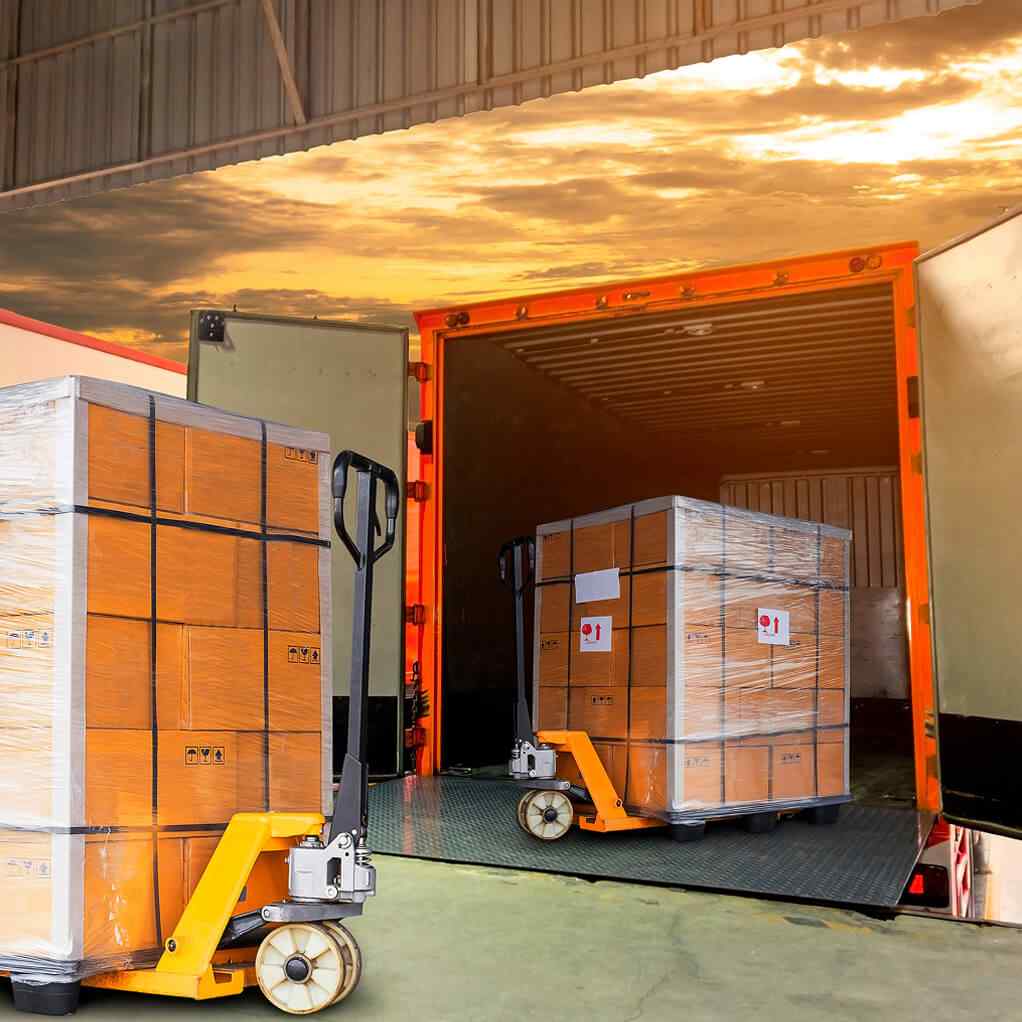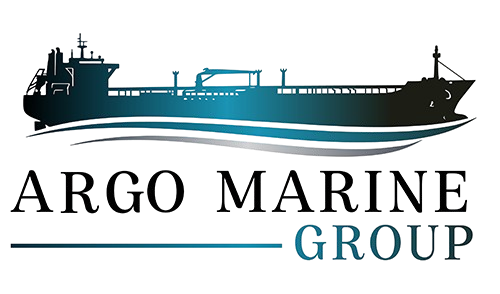
Residual Fuel Oil (Bunker Fuel): IMO 2020 Compliance and Technical Assurance
The supply of Residual Fuel Oil is governed by the stringent requirements of IMO 2020, demanding specialized sourcing and handling to ensure compliance with the global sulfur cap. This heavy fuel is the vital power source for deep-sea shipping, naval fleets, and large industrial installations.
At Argo Refined Group, our Bunker Fuel Protocol provides maritime operators with compliant and technically stable fuel, primarily focusing on VLSFO (Very Low Sulfur Fuel Oil) and targeted supply of HSFO (High Sulfur Fuel Oil) for scrubber-equipped vessels. We manage the fuel’s unique technical challenges via The Argo Marine Bridge, mitigating the risks of instability and off-spec delivery.
Why Choose Argo for Residual Fuel Supply?
We master the complexities of sulfur caps and fuel stability, providing operational security for your maritime assets. Our value is defined by three core commitments:
1. Guaranteed IMO 2020 Compliance
We ensure the fuel adheres to the current global ≤0.50% sulfur limit for VLSFO, or ≤0.10% for ECA zones. This meticulous focus guarantees vessel compliance during Port State Control inspections, avoiding crippling fines and detentions.
2. Technical Stability and Compatibility
VLSFO is often a complex blend of various components. We implement rigorous testing and advisory services to ensure the delivered fuel remains stable and compatible with fuels already onboard, preventing the formation of damaging sludge and sediment.
3. Heating and Viscosity Management
Residual fuels require precise heating to maintain the correct kinematic viscosity for pumping and engine injection. Our logistics protocols manage the entire heat chain during transit, ensuring the fuel is delivered in a usable state to protect the vessel’s propulsion system.
The Argo Bunker Workflow: From Blending Plant to Bunker Port
Our supply process is a focused loop of compliance verification and technical control, vital for high-viscosity products.
| Step | Focus of Argo Refined Group | Client Benefit |
| 1. Sulfur & Blend Component Sourcing | We secure VLSFO from trusted blenders, pre-analyzing the components to predict long-term stability and sediment formation before the product is physically moved. | Quality Protection: Mitigates the core risk of VLSFO—unstable blends that can damage purification equipment. |
| 2. Tanker Heating Protocol Management | We issue detailed heating instructions for the tanker crew, ensuring the cargo maintains the optimal temperature required to prevent viscosity issues and maintain pumpability. | Operational Readiness: Fuel is guaranteed to be in the correct physical state for offloading and immediate use by the receiving vessel. |
| 3. BDN & Q&Q Integrity | We commission third-party surveyors to conduct Bunker Delivery Note (BDN) integrity checks, ensuring the sulfur content and volume are certified against ISO 8217 standards at the manifold. | Regulatory Shield: Provides irrefutable legal documentation to protect the vessel owner during audits and inspections. |
| 4. Final Sediment & Cat Fine Analysis | Final testing focuses on crucial residual parameters, including Total Sediment Potential (TSP) and Catalytic Fines (Cat Fines), which cause critical engine wear. | Engine Longevity: Confirmation that abrasive elements are within acceptable limits, extending the life of engine parts. |
| 5. Port Delivery & Compliance Reporting | We manage the final transfer and delivery logistics in the bunkering port, assisting with all necessary IMO reporting and documentation based on the ship’s declared scrubber status. | Seamless Bunkering: Fast, compliant refueling that minimizes off-hire time and operational costs. |
Your Trusted Partner in Maritime Power
The transition to compliant low-sulfur fuels demands technical excellence and commercial diligence. When you choose Argo Refined Group, you choose a supply chain built on expertise in fuel quality and IMO compliance.
Ready to secure your next VLSFO or HSFO supply? Contact our Bunkering Desk today to discuss your global fuel requirements.

